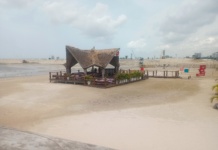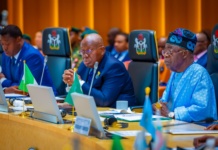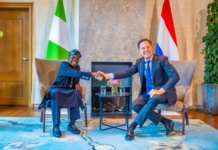By Peter Olorunnisomo – Post independent South Africa has retained the appetite for violence which the world had thought was rested with the late Madiba, Nelson Mandela. The golden patriarch of Southern Africa had as many episodic stories told about his philosophy of nationhood and interracial tolerance that makes one wonder whether he was a priest in politics or a politician with a Christian bent. In fact, without mentioning the word ‘christianity’ he thought the ethics of the world religions from an ethical stream of Christian consciousness.
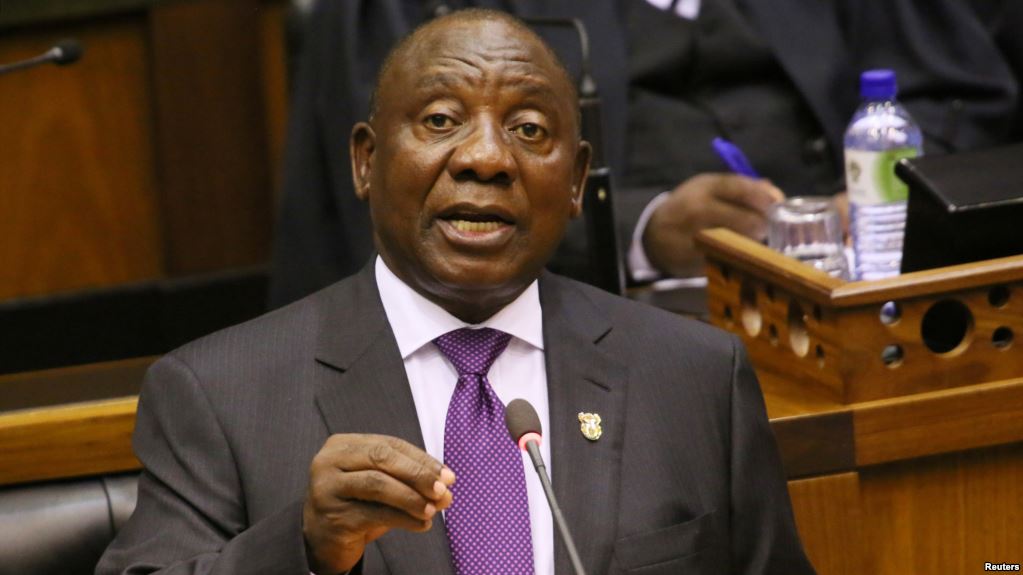
Yet after his departure, the leadership of South Africa appears to have caved in to the bare jostling and horse-trading of party politics forgetting that the healing which began with the Truth and Reconciliation special programme was a national attempt to bury psyche of political brigandage and hatred and re-chart a national course which allows for a better environment for national healing.
Rather the blood–letting beast which was a pet of every household 30years ago and further has re-incarnated and possessed those householders who in turn seem to sworn to blood feed this demon for whom the blood of migrants only whets its appetite.
Xenophobia is probably a word that features prominently in the national tabloids of South Africa possibly more than those of President Ramaphosa and his predecessor combined. With each mention is the word ‘death’ attached and one wonders if this helps the sale of the news or guarantees the welfare funds to the perpetrators of the attacks.
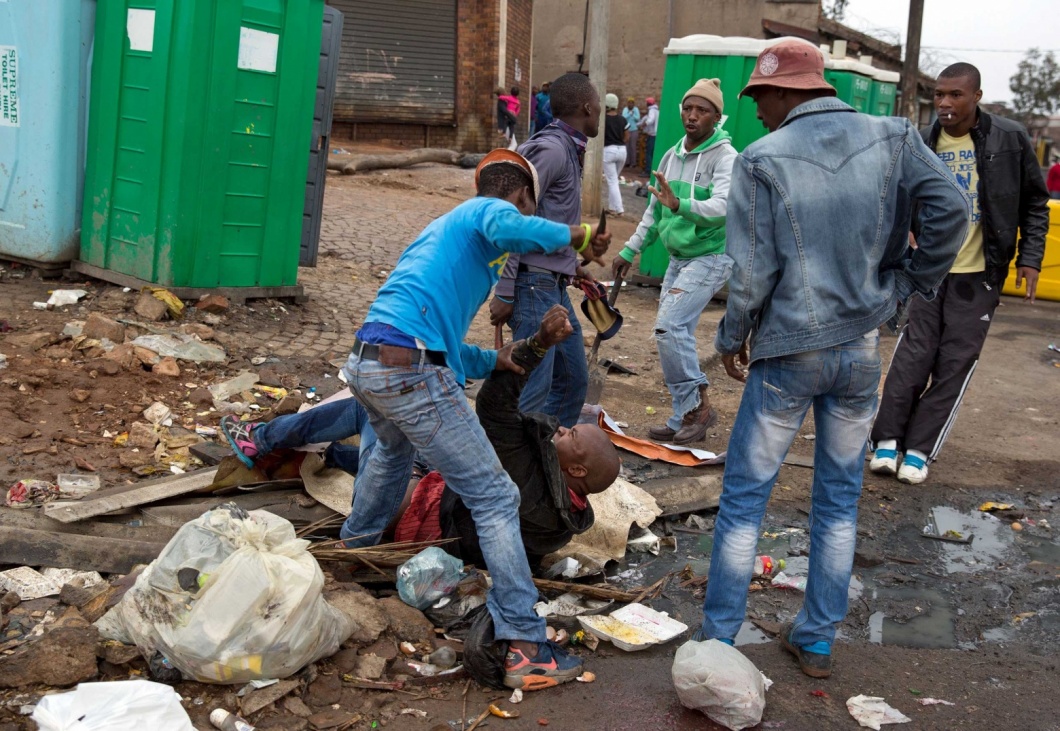
Nations like Zimbabwe, Botswana, Central African Republic, Nigeria, Malawi, Ghana, Congo, to mention a few have all had victims in their dozens and South Africa and South Africans don’t find this inimical to their development and national security? A world for which the African Union has become very Afrocentric and stitching clothing of economic advancement in response to the political and socio-economic dynamism of foreign relations of the other continents sells a sense of carelessness about South Africa’s corporate entity that is not attractive to the rest of the world.
President Cyril Ramaphosa at an ANC campaign rally late in March, 2019 stoked further tensions amidst indications of instability already evident in the volatile Kwazulu Natal region, when he warned that his government will not allow foreigners without permits to set up business or settle in southern Africa’s biggest economy.
“Everybody just arrives in our township and rural areas and set bases without licenses and permits. We are going to bring this to an end and whoever doing this, wherever they come from, they must know,” Ramaphosa said.
But the opposition, Economic Freedom Fighters (EFF) leader Julius Malema, reacted angrily to Ramaphosa’s unguarded rant arguing that Africans needed to unite and not be blinded by artificial colonial boundaries.
“Zimbabwe is our home and we are one thing. Mozambique is our home, DRC is our home, Botswana is our home. The problems of Zimbabwe are our problems; let us not be too local, let us be international.
Ramaphosa later seemed to capitulate and declared his support for foreigners as well as condemn the attacks. He said there are many foreigners who respect South Africa and its laws.
“The attack on foreign nationals for whatever reason is a form of intolerance that the people of this country have rejected many times before and must do so again. As South Africans we are not an intolerant people.
“We cannot be defined as intolerant and not wanting to live side by side with people from other countries. These recent attacks are wrong and they violet everything we fought for over many decades,” the ANC leader said.
In 2015, a parliamentary committee was established to investigate the xenophobic attacks racking South Africa. After a seven-month process which included oversight visits to various provinces, public hearings, meetings and written submissions, the report was finalised. However, four years later the recommendations from the report have still not been implemented. Interest groups say that this method of ‘talk and no-action’ is doing little to tackle the issue of xenophobia, especially given the ever present flare-up of attacks in the country.
The Ad Hoc Joint Committee on Probing Violence against Foreign Nationals finalised and adopted its report in Parliament on 18 November 2015. Four years later, the recommendations put forth in the document have still not been implemented.
After its adoption, according to former co-chairperson of the committee and ANC MP Tekoetsile Motlashuping, the report was tabled before the National Assembly and the National Council of Provinces.
“The responsible departments were to (then) implement the recommendations of the report,” he said.
This was not the first time that Parliament had compiled a report looking into the matter of xenophobic violence. In 2008, a task team was established to probe the attacks which took place in Alexandra, Tembisa, Germiston and Reigerpark
Dr Vusumuzi Sibanda, Chairperson of the African Diaspora Forum, in an interview with Andre van Wyk noted that ‘South Africa is not an island on its own, it is a country among countries. As long as attacks on migrants continue in South Africa, it means that the relationship with other countries and all other people will end with them looking at South Africa negatively. I think the truth of the matter is that it has had a very negative impact on South Africa as a country and will affect relations with neighbouring countries and other African states’.
Kindly follow us on twitter:@AfricanVoice2


